
Esophageal Cancer
Advertisement
Irinotecan with ramucirumab did not provide a significant OS advantage over irinotecan monotherapy.
Dr. Weinberg recaps key ASCO Annual Meeting research, including MATTERHORN, ATOMIC CHALLENGE, BREAKWATER, and DYNAMIC-III.
The panel concludes with a discussion on treatment strategies for metastatic esophageal squamous cell carcinoma.
The panel shifts focus to the 1L treatment of metastatic gastroesophageal cancers, exploring biomarker testing strategies.
Dr. Janjigian shares why MATTERHORN was picked for the plenary and how its findings build on past studies in G/GEJ cancer.
Dr. Pietrantonio discusses how the benefits of T-DXd can potentially reshape the current treatment algorithm.
In the first-line HER2+ G/GEJ cancer, combinations of DV, toripalimab, and chemo produce high ORRs and promising early PFS.
Dr. Wainberg details the practice-changing implications of the MATTERHORN study event-free survival data.
We recently spoke with expert clinicians about the rapidly changing treatment landscape in upper gastrointestinal cancers.
Dr. Kelly discusses the first overall survival results from CheckMate 577 and how they compare to previous DFS results.
Adjuvant nivolumab provides durable long-term DFS benefit and shows an OS advantage in patients with resected EC/GEJC.
Pembro plus lenvatinib with chemo may improve progression-free survival in patients when compared with the standard of care.
Researchers define characteristics of e-GISTS and determine whether endoscopic resection is a treatment option for patients.
Palliative EBRT can reduce physician-evaluated and patient-reported dysphagia symptoms in patients with incurable disease.
Pembrolizumab previously received accelerated approval for this indication in 2021 based on interim results from KEYNOTE-811.
The safety profile of the combination was consistent with known profiles, and no new safety findings were observed.
Dr. Cytryn shares insights on the implications of recent data from the DESTINY-Gastric04 and MATTERHORN trials.
The approval is based on positive results from the phase III RATIONALE-306 study.
Patients with refractory UGI cancers who participated in phase I trials saw benefits in late-line settings.
Dr. Cytryn summarizes a trial in progress investigating a novel immunotherapy combination for gastroesophageal adenocarcinoma
Advertisement

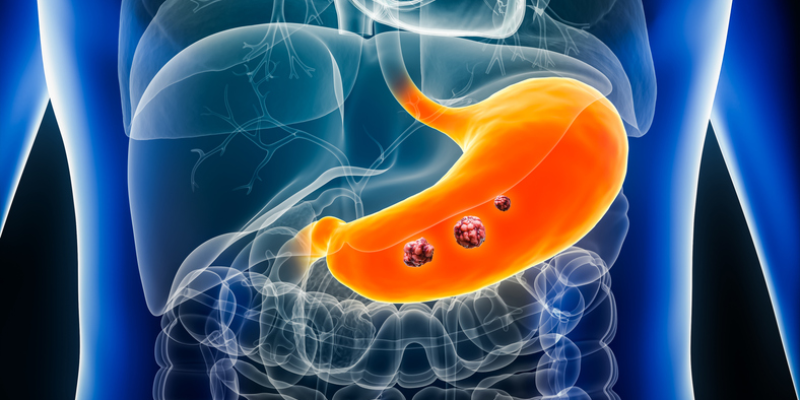
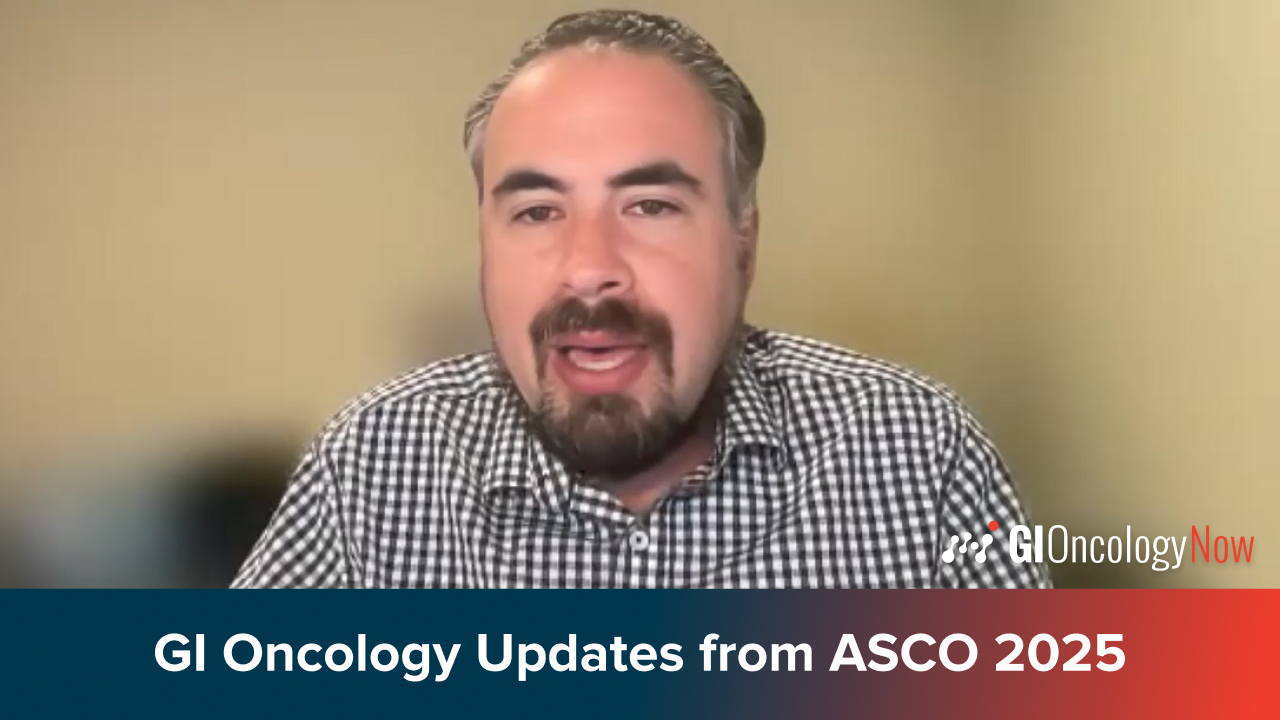
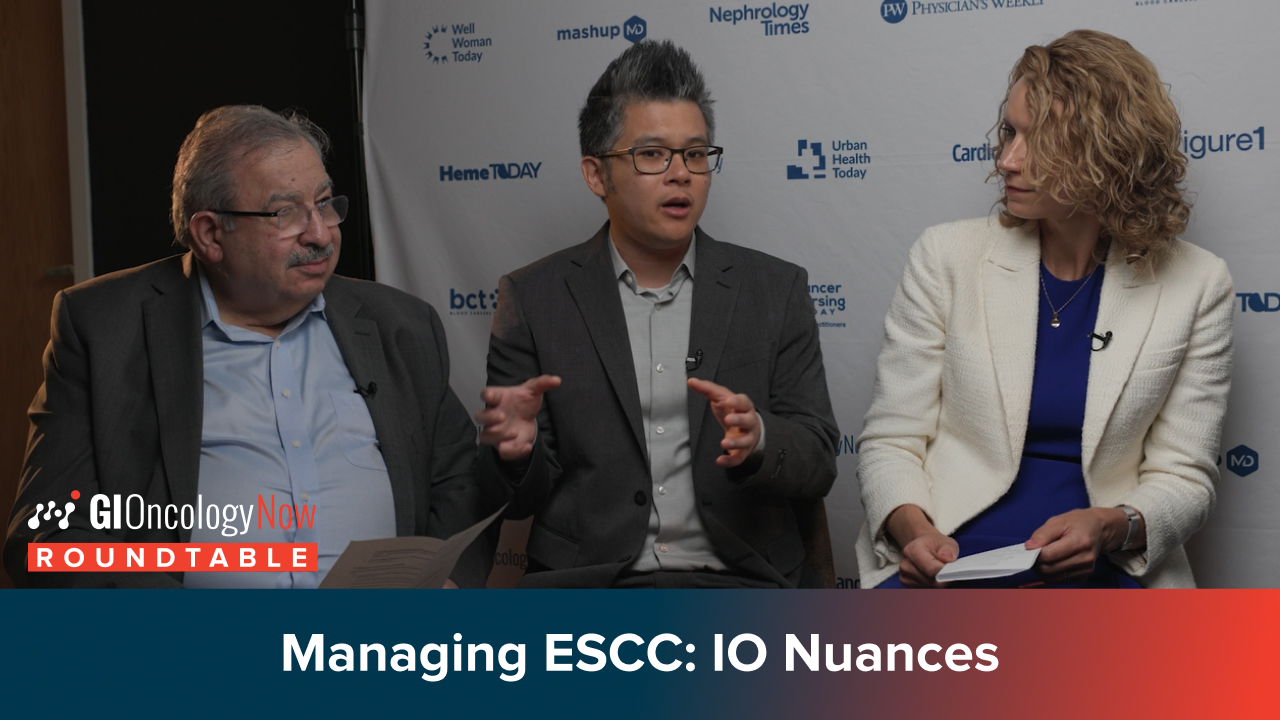
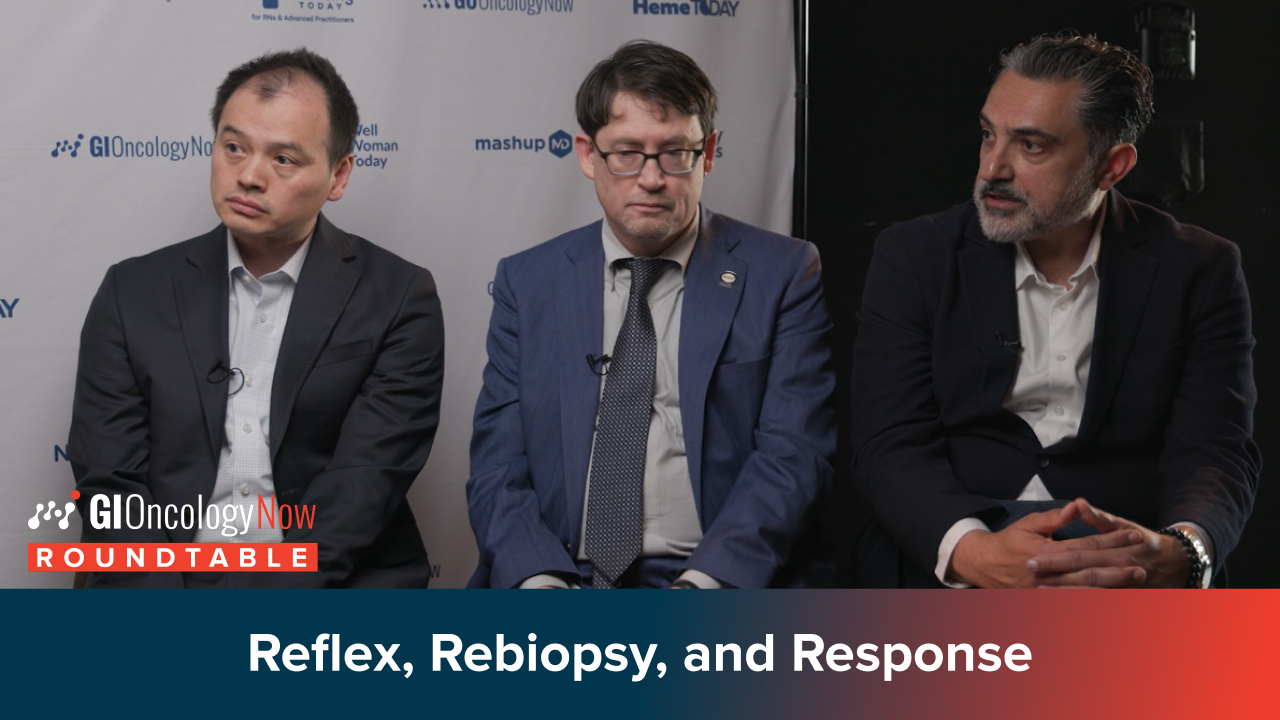
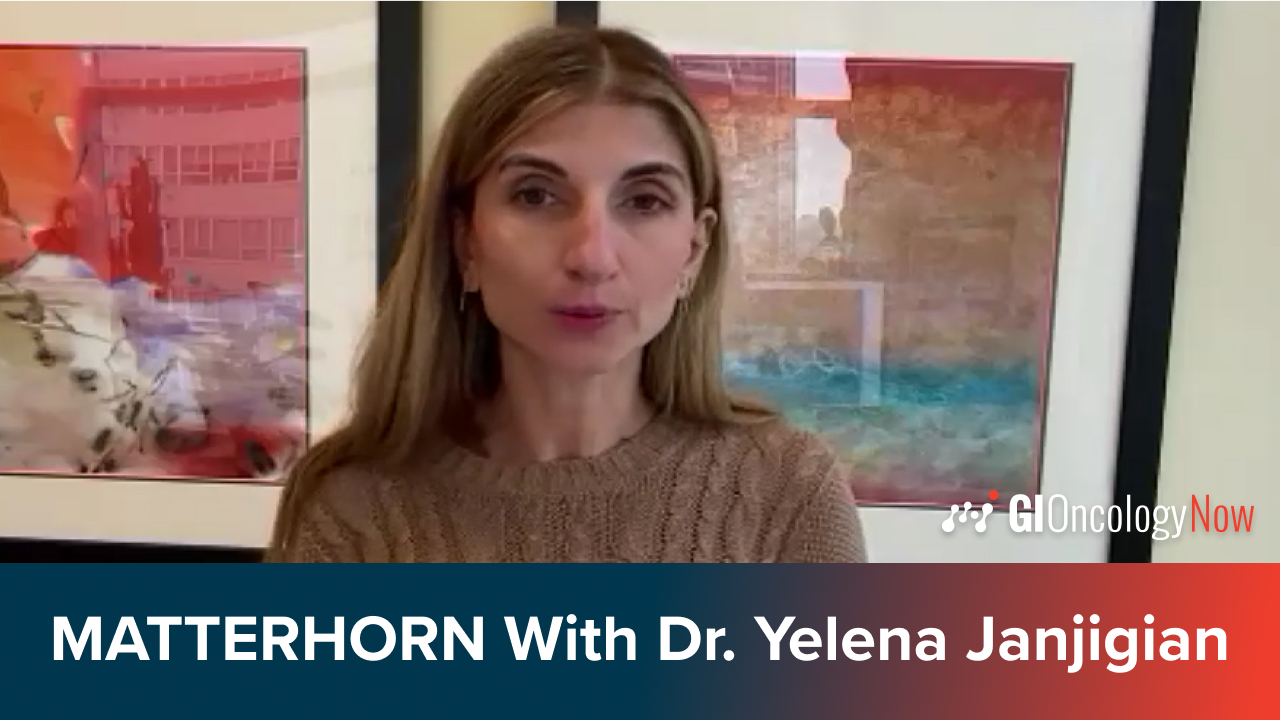
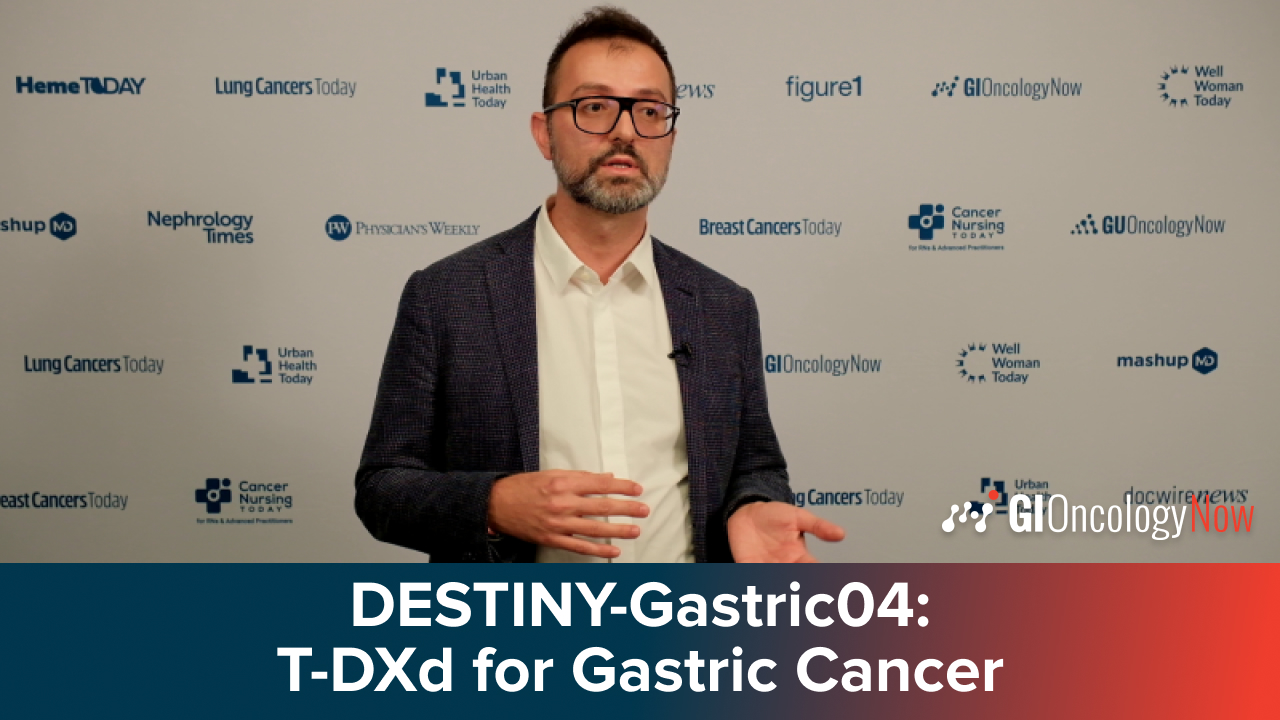

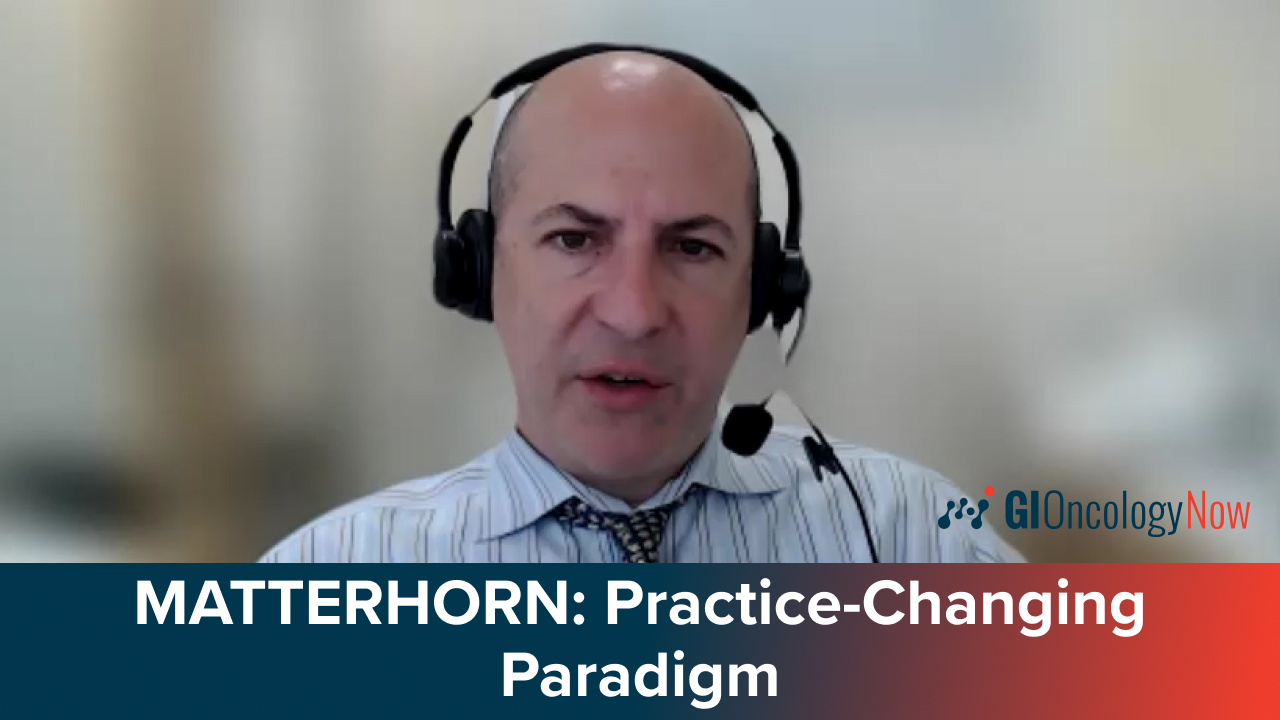



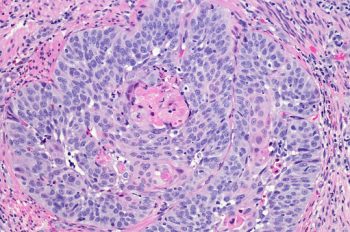
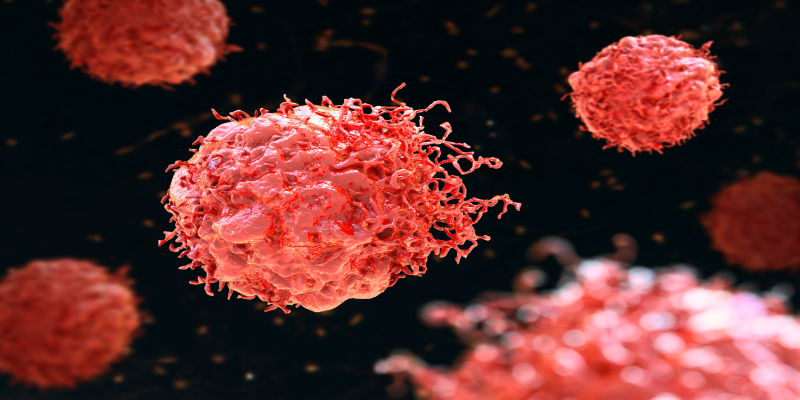

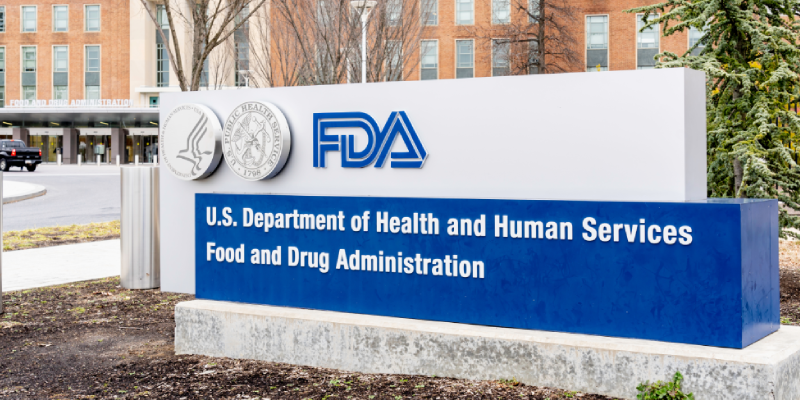

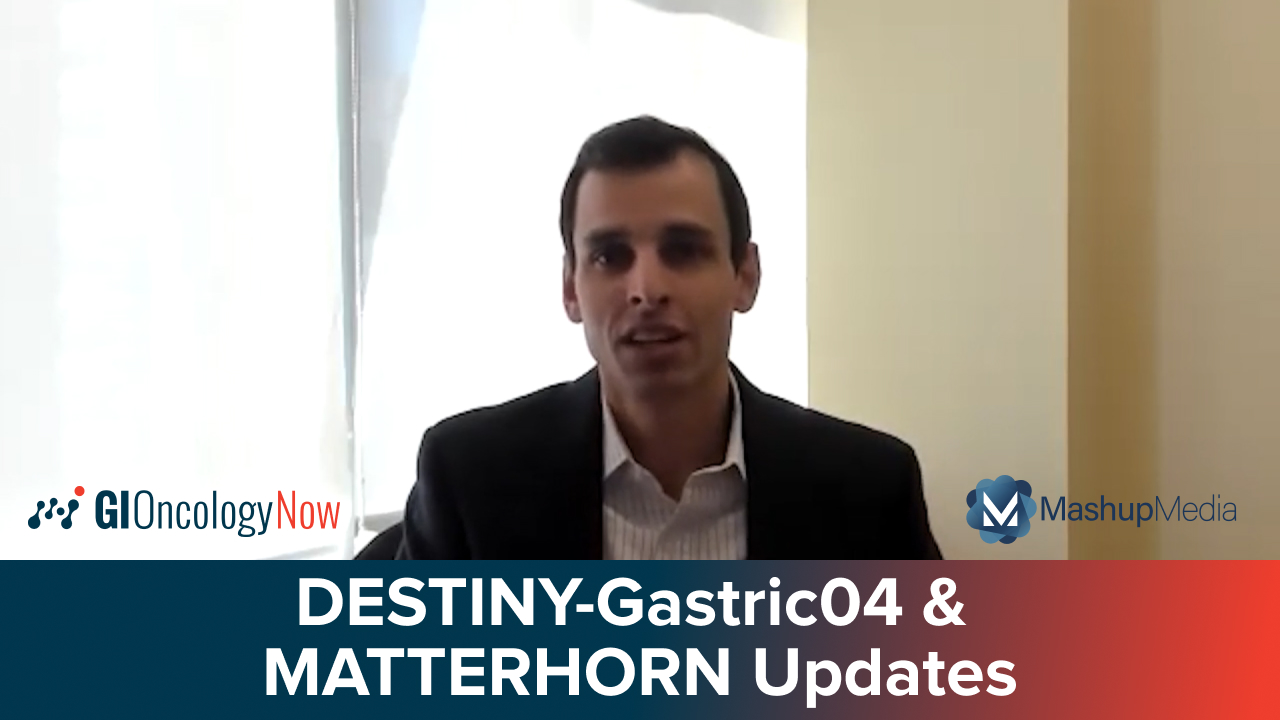


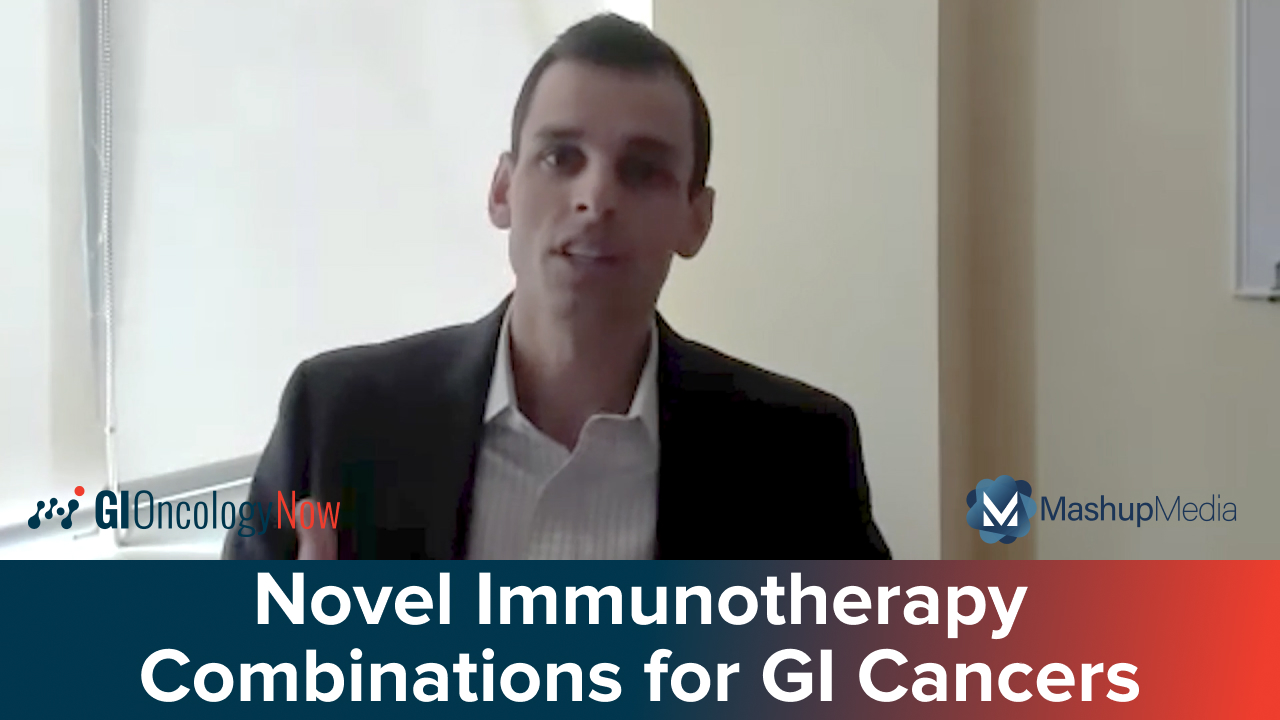

 © 2025 Mashup Media, LLC, a Formedics Property. All Rights Reserved.
© 2025 Mashup Media, LLC, a Formedics Property. All Rights Reserved.